Listen Up, Folks: These Foods Are Not Meant for the Fridge!
One of the most significant technological advances in recent history is the refrigerator. During hectic schedules, cooking and refrigerating meals is a breeze because food does not spoil. This fantastic piece of technology appeared to be a miracle, a magnificent device capable of keeping food fresh indefinitely. At least, that’s what we thought.
We put a lot of things in the refrigerator at the spur of the moment, but the truth is that it can be harmful at times. For some items, refrigeration is worse than leaving them on the counter or in the cupboard. Here’s a quick summary of which foods don’t need to be refrigerated to maximize flavor and fridge space.
Maintain the Sweetness of Your Apples
Apples are not only delicious on their own or in meals, but they also have numerous health benefits. Leave your apples out of the fridge to keep them at their tastiest. Put them in a basket in plain sight, and they’ll be eaten far faster than if they were concealed in the fridge.
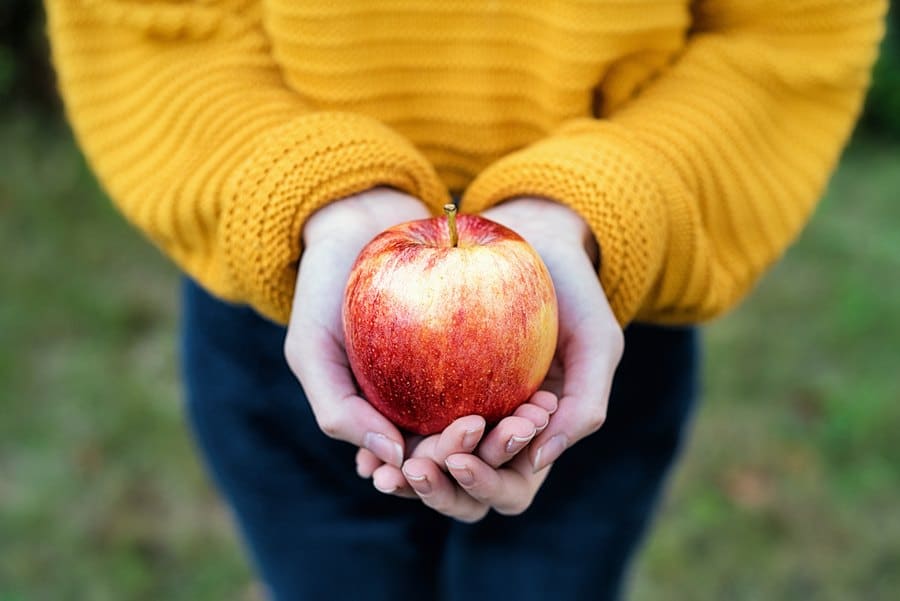
Leave apples on the counter unless you’re hoarding them for yourself. They also look great heaped up in a bowl. Furthermore, storing apples in the refrigerator can cause them to get mushy on the inside. However, after a week or so on the counter, you may wish to put them in the fridge to extend their shelf life.
The Fridge’s Cold, Dark Chamber!
For all the delight it gives to a table, bread has a significant flaw: short shelf life. If you’re not worried about mold growing on your favorite loaf, you’re probably concerned about it going stale. The texture of bread degrades faster when it is refrigerated. This is made easier by the cool air.
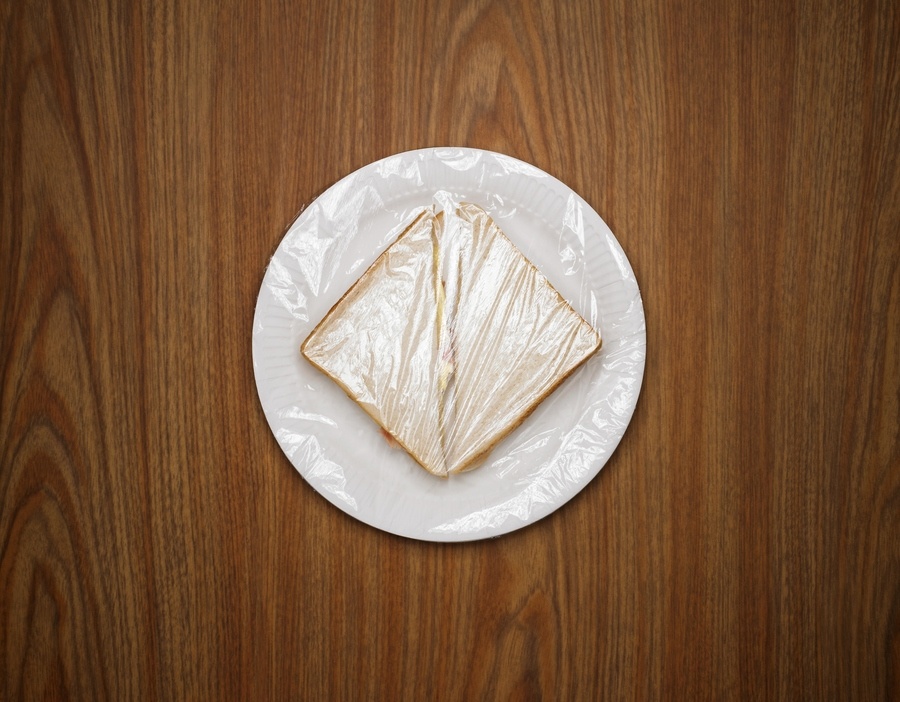
Bread can be left on the counter or in the pantry. Keep it away from windows and heat in a cool, dry spot. Though a bread box is ideal, most people keep their bread wrapped in plastic, which is okay. Wrap it up and put it in the freezer after a few days to keep it fresh. Bread is finest the day it is baked, but carefully storing it will improve its quality.
A Home Cook’s Secret Weapon
Preserving is the home cook’s secret weapon above any other domestic appliance. It’s an age-old strategy to make the summer surplus and autumn harvest last through the winter scarcity.
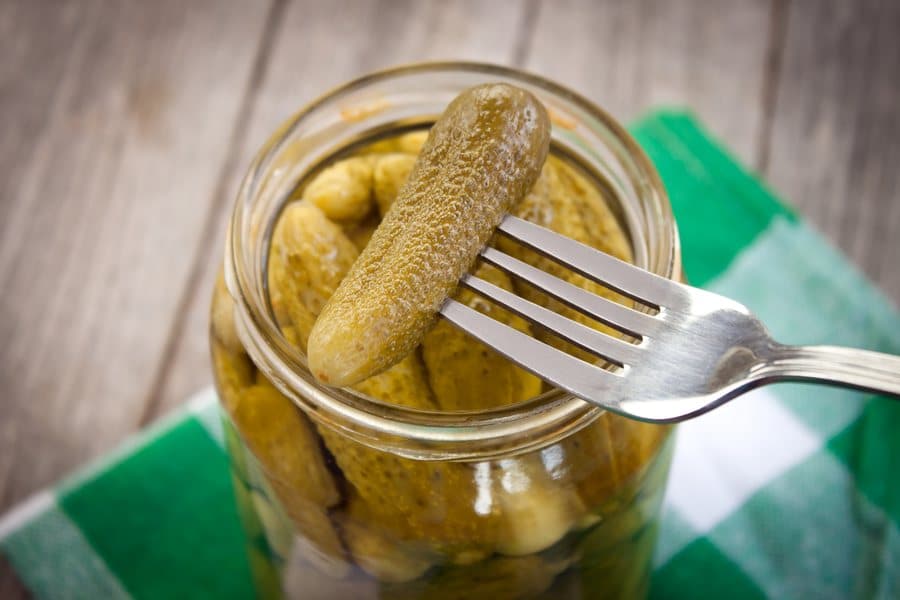
That big jar of pickles can be left outside, but many prefer to consume pickles cold and crunchy straight from the fridge. Some of them don’t. We see a giant barrel of individually marketed pickles sitting out at the deli counter, so why not at home?
Take Extra Care with Eggplant
Eggplants have a short shelf life and are best eaten as soon as possible after being picked. Eggplants, like cucumbers, are subject to chilling harm. When eggplant is stored at or below 41 degrees for an extended period of time, it develops pitting, bruising, and brown seeds and flesh. Both flavor and texture suffer as a result.
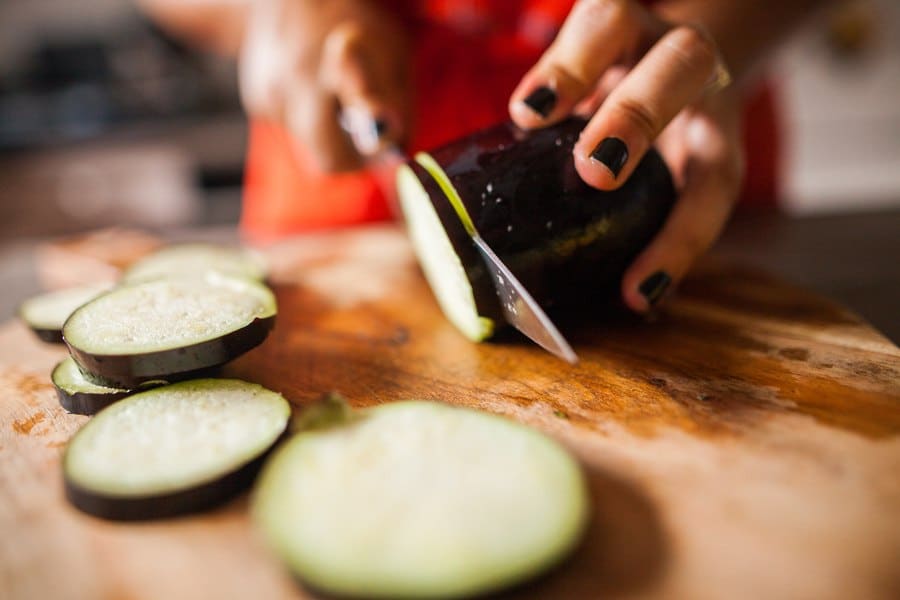
For the most outstanding results, choose young eggplants with shiny, firm skin. In addition, if eggplant is stored near bananas, apples, melons, or other fruits that produce a lot of ethylene, it can overripen if you must store eggplant in the refrigerator and try to consume it within three days.
Don’t Squander a Tasty Watermelon
If you’re like us, you might believe that a larger watermelon is preferable because it provides you with more fruit to consume. Yum! Watermelon can be preserved in a variety of ways. Watermelons are high in antioxidants, beta-carotene, and a variety of other vitamins and minerals. Preventing cancer and sun-related skin damage are two of the health benefits.
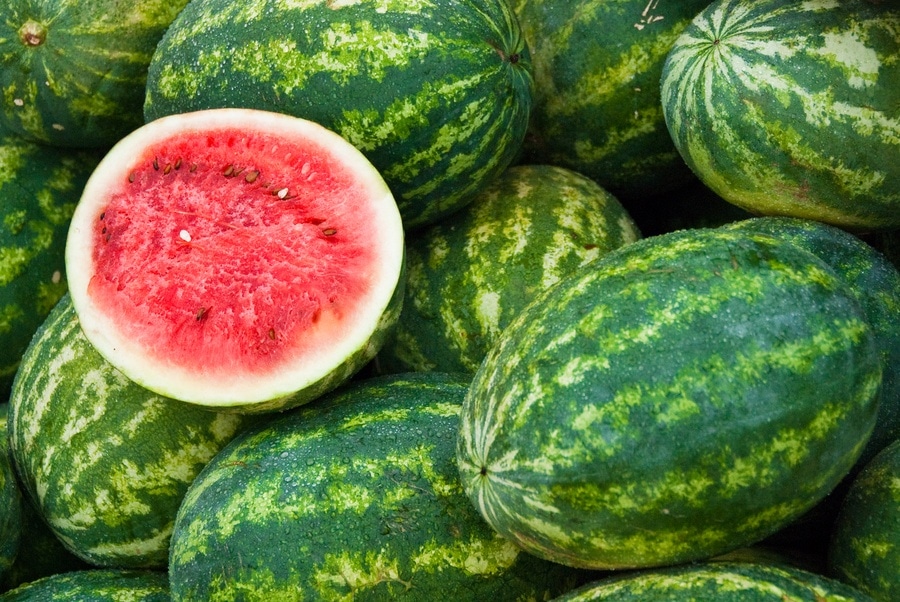
However, a 2006 research study from the United States Department of Agriculture found that refrigerating watermelons depletes those beneficial elements. A watermelon’s brilliant red flesh also contains more lycopene than any other fruit or vegetable. However, they, too, deteriorate when refrigerated. It’s OK to cool watermelon before serving because that’s how it tastes best, but prolonged freezing depletes the fruit’s natural nutrients.
It’s Okay to Leave Salad Out
Even if the rest of your life appears to be in disorder, grabbing a meal-prepped salad for lunch might make you feel as if you have everything under control. It’s not a problem to have a bowl of mixed greens on the counter. You may want to refrigerate it after a couple of hours, but just to keep it crisp. When lettuce and other crops sit outside, they are in their natural growing environment.
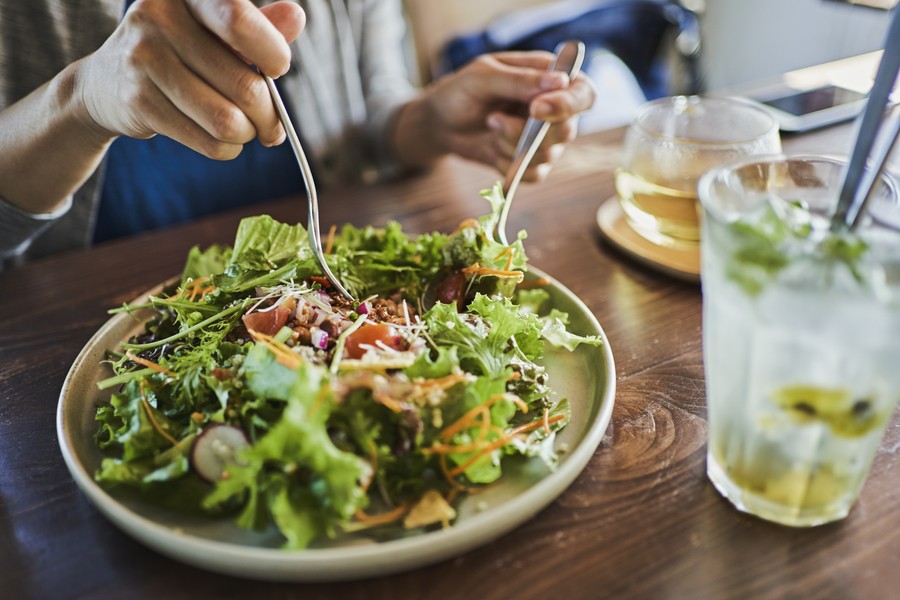
However, if the temperature rises beyond 80 degrees, the salad greens will begin to wilt. After washing your lettuce, dry it thoroughly between towels or in a salad spinner to ensure freshness for several days. After your greens have been thoroughly dried, you can also carefully wrap them in a dry paper towel to absorb moisture that could cause withering.
Cantaloupe Should Not Be Refrigerated Until It Is Fully Ripe
Certain fruits ripen after they’ve been picked. One of these fruits is cantaloupe, which should be left out on the counter until ready to eat. Refrigeration may degrade the flavor and nutritional value of the fruit, but if it’s already ripe, cut it up and keep it in the fridge before it spoils.
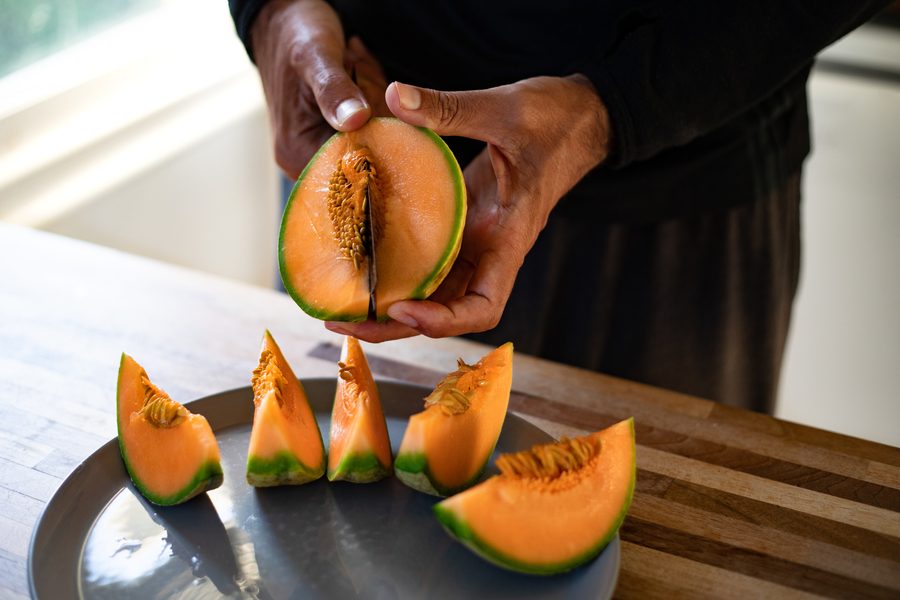
While these antioxidant-rich fruits are still fresh, they store more vitamins and nutrients. Is it possible to keep cantaloupe? Yes, you certainly can! Because cantaloupes don’t contain nearly as much starch as other fruits and vegetables, they don’t get any sweeter as they ripen, so choose the sweetest cantaloupe you can find the first time.
101 Citrus Tips
Citrus is juiciest when picked fresh from the tree. When the fruit is harvested, it begins to dry up and decompose. Refrigerating oranges, lemons, limes, tangerines, or grapefruits can help to speed up the process. Simply put, citrus tastes best when served at room temperature. It’s more delicious and juicier.
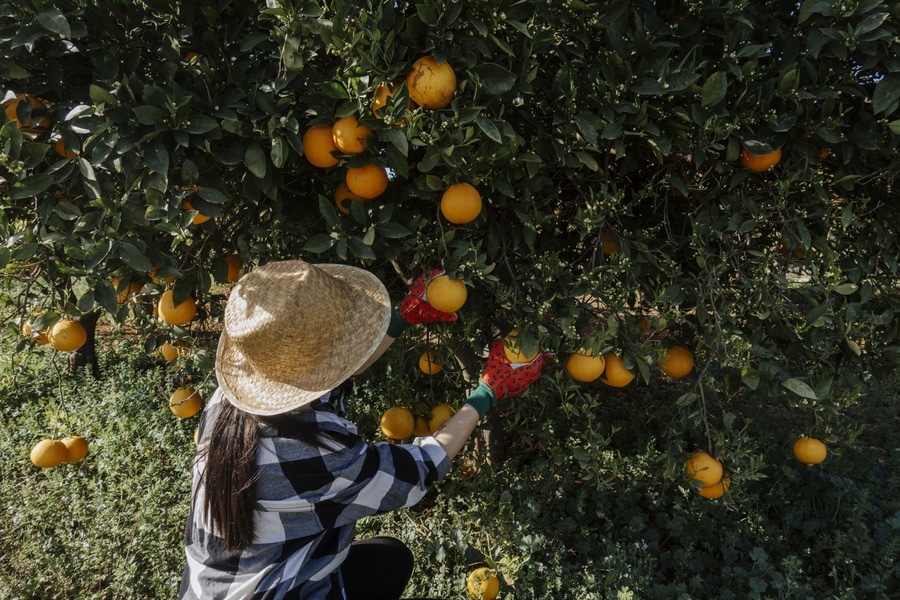
Because the citrus season is so brief, you should strive to save as much as you can for the rest of the year. Citrus flavors can be preserved by dehydrating them. While you’ll never get the juicy sweetness of an orange back, dehydration locks in all of the taste. In seasoning mixes, soups, salads, dried teas, and sauces, dried citrus lasts a year or longer.
Tomatoes Should Not Be Stored in a Cold, Dark Fridge
Refrigerating a delicious tomato is one way to spoil it. Its tender flesh will be converted into a mushy, mealy mass, losing all of its sweetness and juiciness. Cold tomatoes… Yuck! Tomatoes are best served at room temperature, ideally just off the vine. Chemicals within the refrigerator tear down flavor and scent.
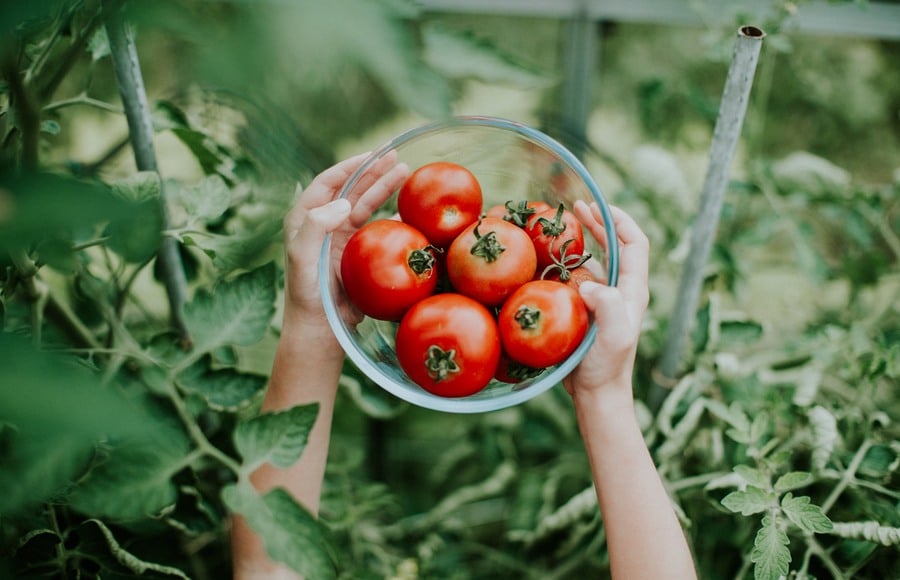
The occurrence of flavor changes owing to chemical deterioration of tomatoes held in refrigeration for a week was confirmed by a 2016 study from the University of Florida. Keep them in the freezer for sauce or stock, and don’t worry about the extras!
Papaya Is Also a Tropical Fruit
It’s from Hawaii, which is the only place where it’s grown commercially. Keep papaya away from the refrigerator. Place it on the counter to soften and ripen. Put the papaya in a paper bag to speed up the ripening process. It will mature in three days if left out and even faster if kept in the bag. Cut it open and slice it up once it is tender to the touch.
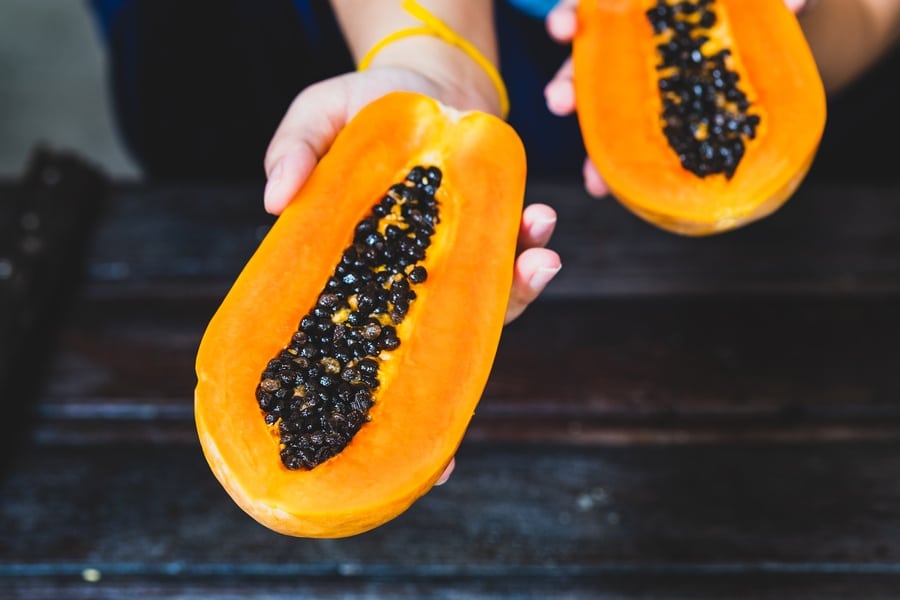
The color of the fruit can also indicate whether it is ripe. It should smell slightly sweet when you sniff it. If you have any leftover papaya, cut it into cubes and freeze it to use as a smoothie ingredient. After cutting, most fruits can be frozen and used in smoothies.
Garlic Storage Suggestions
Garlic is harvested and then dried, so it’s best to store it somewhere dry. Store the bulbs in a well-ventilated, dry environment to extend their shelf life. Specialized ceramic jars with air holes work best, but the bulbs will keep their greatest quality if kept in a pantry or other dry location and not wrapped in plastic.
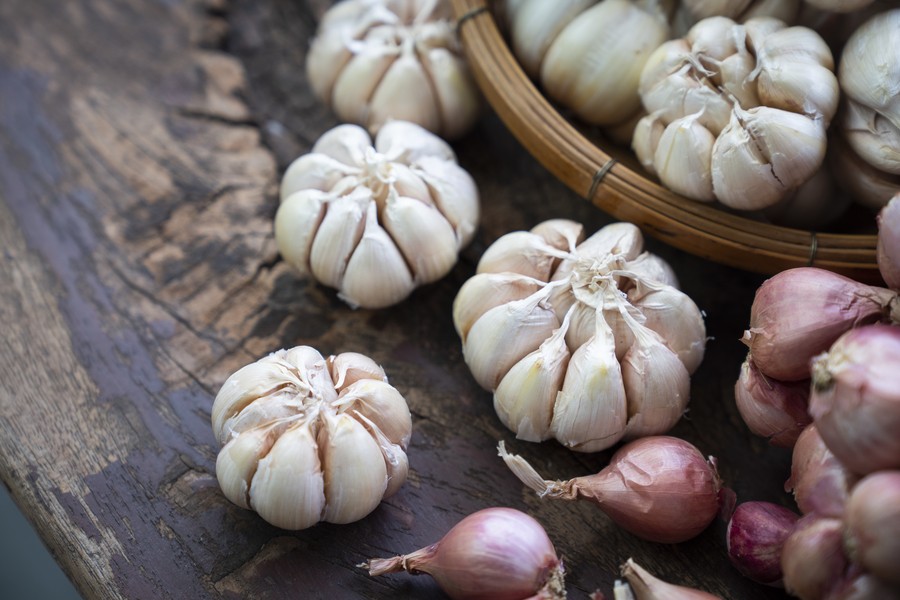
For garlic, the refrigerator is a tough environment. Mold can grow on it, causing the bulbs to degrade. Avoid any bulbs that appear mushy, damaged, or have sprouted, whether you’ve grown your own or simply bought too many at the grocery store. For long-term storage, look for intact cloves. Mesh bags or loosely woven baskets are the most convenient way to keep garlic at home.
Have You Ever Kept Cereal in the Fridge?
Cereal is delicious because it is both dry and crispy. It pairs well with milk or yogurt because of its crunchiness. If you put it in the fridge, it will become floppy and soggy. Instead, keep cereal in an airtight container in a cool, dry location like the pantry. Fill the container with all of the contents and close the lid tightly.
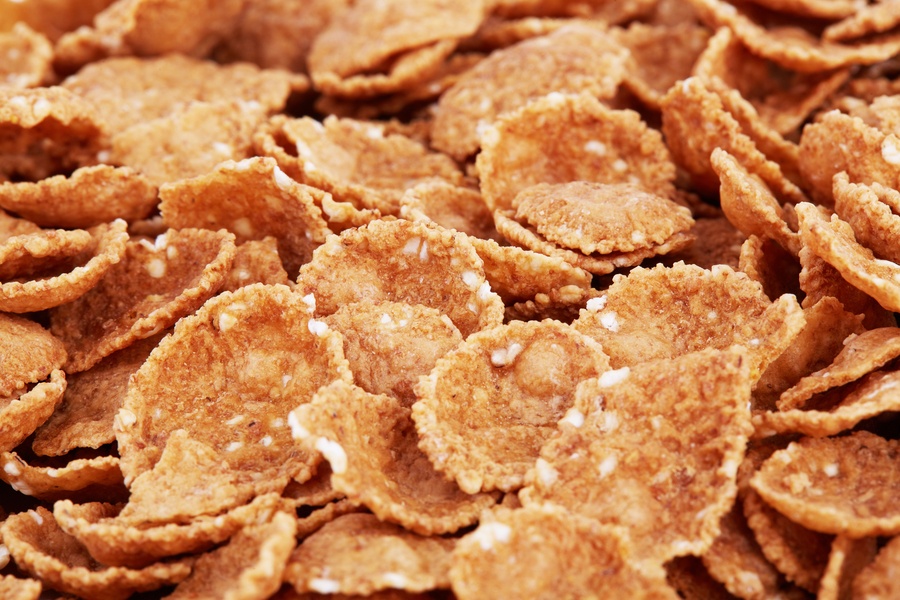
They’re great for keeping bugs out, protecting the freshness of the cereal, and keeping the goods cold and dry, which is especially important in humid conditions. They come in a range of sizes, and the lids usually have a flip-top part of making it easy to pour out the cereal.
When It Comes to Olive Oil, It’s Best to Keep It on the Shelf
One of the most significant subjects is how to store olive oil. When it comes to extra virgin olive oil, freshness is key. The flavor of fresh oil is fantastic! The taste of rancid oil is awful! Olive oil does not need to be kept in the refrigerator. It congeals into a clumpy mess that is inconvenient to utilize due to the cold air.
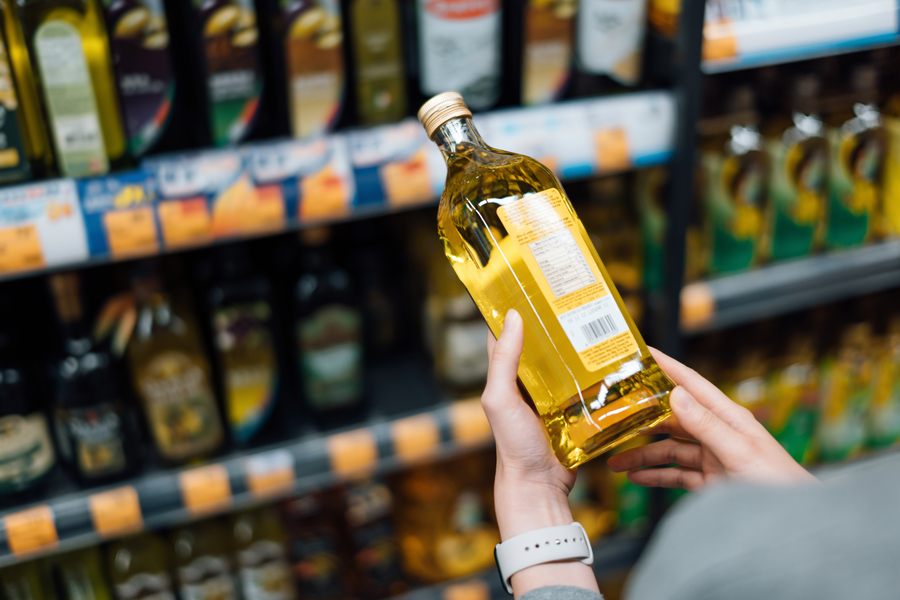
Warmth, sunlight, and air do not er the quality of olive oil, though they can cause it to go rancid before its time. So, keep it in an airtight bottle in a cool, dark closet. To minimize pollutants getting into the oil, some people propose utilizing containers that aren’t made of plastic. If you’re going to store it on the counter, choose an opaque, light-resistant bottle.
Avocados at Their Finest
Avocados are a versatile fruit that can be used in salads, sandwiches, tacos, or guacamole. They’re harvested when they’re rock hard and eaten when they’re as soft as room-temperature butter. Avocados will not ripen if kept refrigerated. You may keep a check on their ripening status by leaving them out on the counter, allowing you to consume them at their optimal flavor.
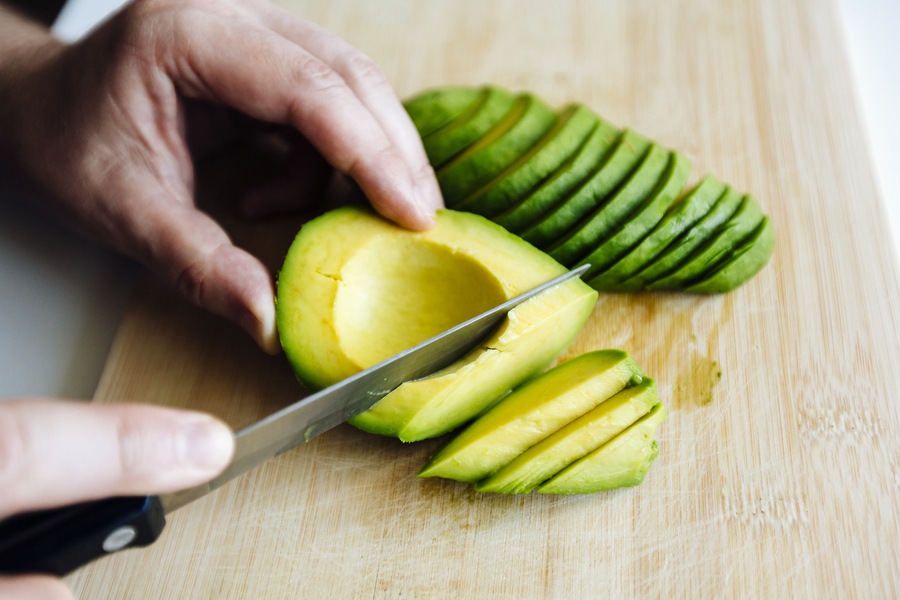
Once they’ve ripened, a refrigerator comes in helpful. You can get a few more days out of them by putting them in the produce drawer, or perhaps a delicious bowl of guac before their natural course turns them black. When the avocados arrive, you’ll want to store them properly to get the most value out of them.
Keeping Sweet Potatoes at Their Best
Sweet potatoes should not be kept in the refrigerator. These root vegetables should be kept in a cool, dry location. Make sure there’s enough ventilation, and don’t wrap them in plastic; instead, leave them exposed to the air. They’ll go bad if you keep them in the fridge. According to the North Carolina Sweet Potato Commission specialists, sweet potatoes “will create a hard center and a disagreeable taste.”
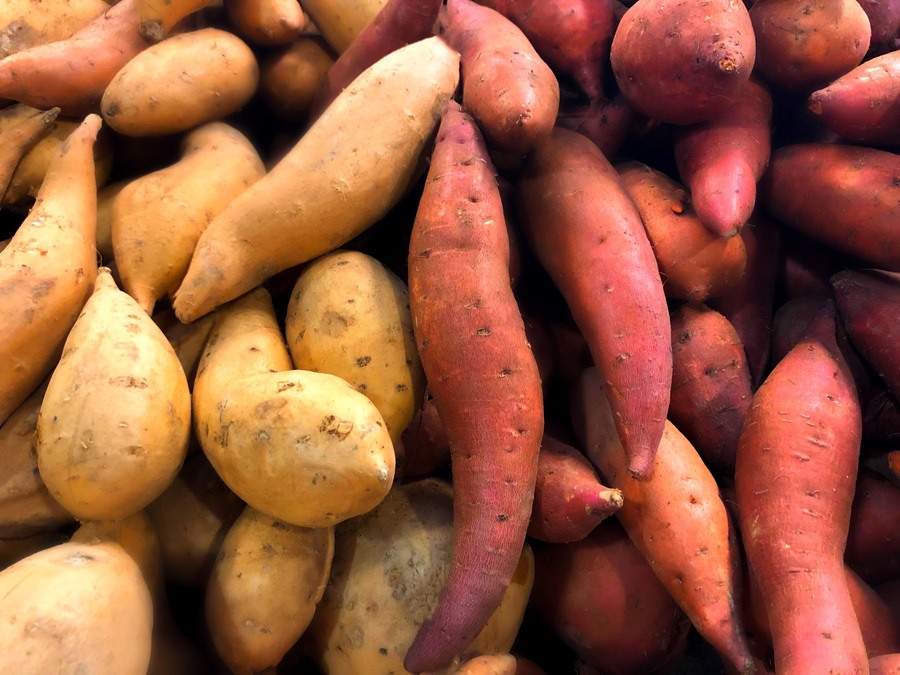
The ideal place to keep sweet potatoes is in a dry, cool environment. A garage, basement, or cellar come to mind as potential storage locations for sweet potatoes in the home. It is critical to follow these environmental requirements, or your harvest may decay or sprout.
What Do You Think About Eggs?
Eggs should be kept refrigerated in the United States. After removing the natural coating that repels bacteria on shells, farmers scrub the eggs clean before selling them, and refrigeration is the only method to prevent bacteria from slipping in. As a result, the answer is yes. In the United States, eggs must be kept refrigerated. However, in Europe, things are a little different.
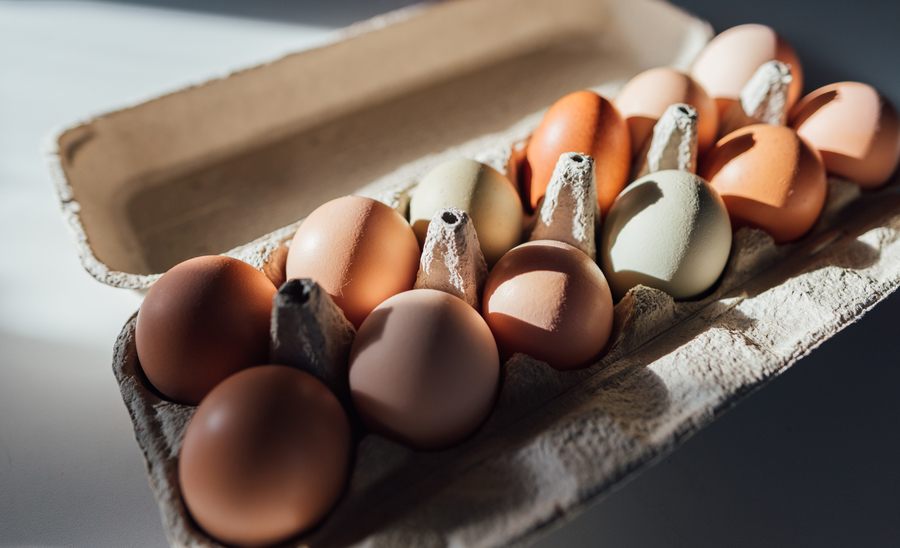
Commercial farms in Europe do not wash eggs, and people do not keep them in the refrigerator. Also, if the eggs are refrigerated, not washing them increases the danger of bacterial contamination. Eggs are bacteria-resistant when the covering is intact, but only at room temperature. Once a week, rotate room temperature eggs into the refrigerator.
Refrigerated Air Is Foreign to Tropical Fruits
Tropical fruit seasons come and go, and the best way to preserve them is to do it while they are at their peak. Mangos, papayas, and kiwis are tropical fruits that thrive in warm regions and resist cold. Pitting of the skin will occur in severe conditions. Room temperature is also ideal for ripening tropical fruits.
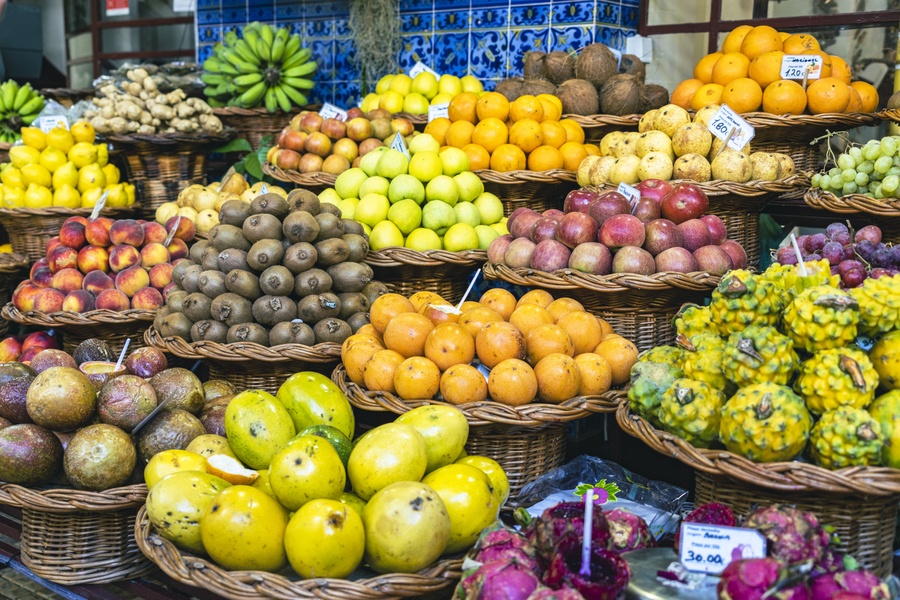
However, you can cut it up and store it in the refrigerator after the fruit is ready. You’ll want to use every last peach if you’re lucky enough to have an abundant harvest or live close enough to farms to take advantage of farmer’s markets. You can enjoy the results of your labor for months if you preserve the produce.
Flour Should Not Be Kept in the Refrigerator
Flour can be stored for at least a year. It’s still recommended to keep flour in an airtight container to keep it fresh. If your house is warm, if you live in a humid climate, or if you just don’t go through flour rapidly, it might be a good idea to do so.
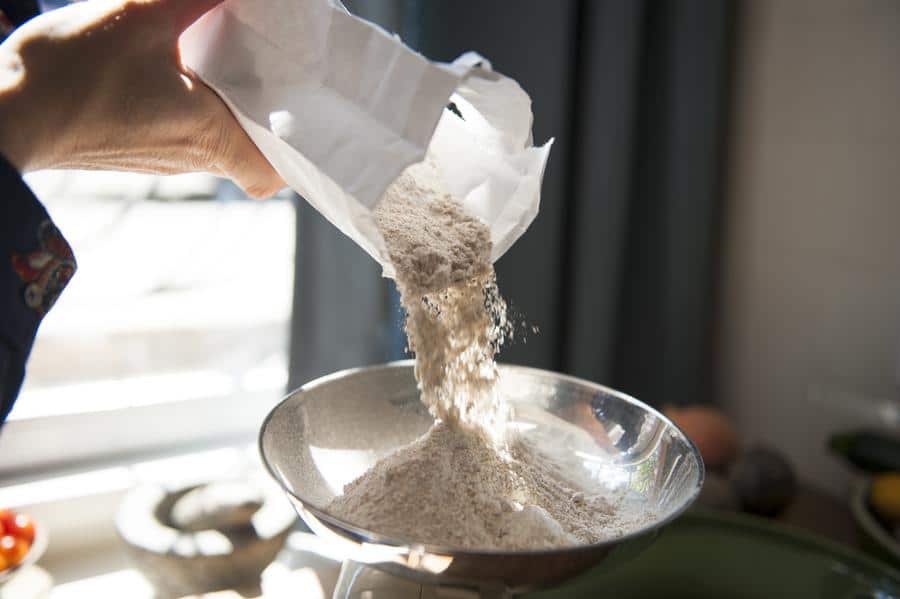
Flour should be kept in an airtight container or plastic bag when not in use. It’s easier to scoop into your recipes if you keep it in a plastic snap-top container. Regular white flour, whether bleached or unbleached, will keep for up to two years. Whole grain flours can be stored similarly as regular flours, though their shelf life is limited to a few months. Freezing, on the other hand, will keep food fresh for much longer.
You Will Regret Putting Honey in the Refrigerator
When honey is refrigerated, it hardens and cannot be poured until it is heated. You could wait until it reaches room temperature, but why not leave it out? Honey is one of nature’s most stable foods and may be stored for a long time. Honey is a long-term food source generated by bees. It contains inherent antioxidant qualities.

Honey is a hypertonic substance due to its high sugar content and lack of water content. Any germs would suffocate and die of dehydration in this environment. The good news is that honey is inexhaustible. Honey from beehives can persist for hundreds of years. Simply store it in a well-sealed container in a cool, dry spot away from direct sunlight. It’s best if you use the honey’s original container, but any glass jar or food-safe plastic container will suffice.
Coffee Storage Tips
To begin with, keep your coffee beans or ground coffee in an opaque, airtight container at room temperature to preserve the fresh-roasted flavor for as long as possible. Though coffee beans are attractive, avoid using clear canisters since light will affect the taste of your coffee. Coffee can be ruined by air, light, and moisture.

The coffee will also be protected from absorbing other flavors if it is kept in an airtight container. It’s best if you finish it in roughly two weeks. If you don’t have a canister, use a rubber band to secure the bag’s top, then enclose it in a resealable plastic bag. When you freeze your daily coffee, the changing temperatures cause moisture to form in the package, making your morning cup taste like cardboard.
Leave the Peanut Butter in the Pantry
Processed peanut butter of any brand can be kept in the pantry. It’s more convenient to use and distribute if you keep it on the shelf. Refrigerating it will stiffen the nutty spread and make it more prone to drying. Natural peanut butter does not contain hydrogenated oils or preservatives that allow for long-term storage. Thus, it must be refrigerated.

If you know it will be months before you finish a jar of processed peanut butter, store it in the refrigerator to extend its life. An open jar of peanut butter can be kept fresh and maintain its freshness for another 3-4 months by storing it in the refrigerator. Oil separation can happen if you don’t refrigerate.
Keeping Onions in the Fridge Isn’t a Good Idea
Some foods deteriorate when exposed to air; onions, on the other hand, require a well-ventilated atmosphere to thrive. Keeping entire onions in the refrigerator introduces moisture, which causes the onion to become mushy inside and more vulnerable to spoilage as an absorptive vegetable.
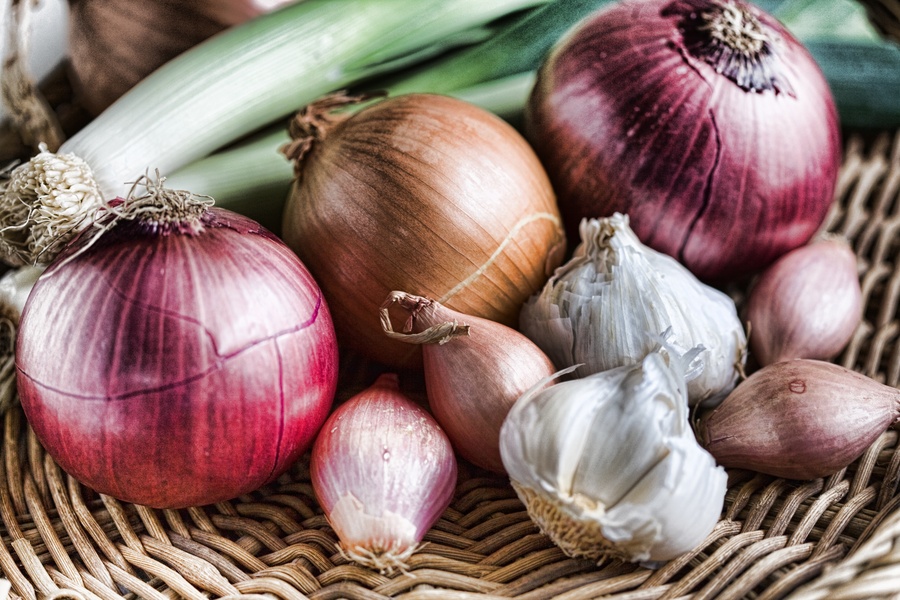
Onions and shallots should be stored in a cool, dry, dark, and well-ventilated place like the pantry, cellar, basement, or garage for the longest shelf life. On the other hand, onions last at least two weeks in the fridge after being sliced or peeled and stored in an airtight container. Peeled onions can be stored for 10–14 days in the refrigerator, while sliced or cut onions can be kept for 7–10 days.
Arrange the Pears on the Counter
Pears are different from other fruits in that they ripen from the inside out. This means that until the pear is fully ripe, it will feel hard to the touch. When the skin’s outer flesh begins to yield, you’ll know it’s ripe. When pears are left in the fridge to mature, they become mushy and unpleasant on the inside. Allowing pears to mature naturally on the counter is highly recommended.
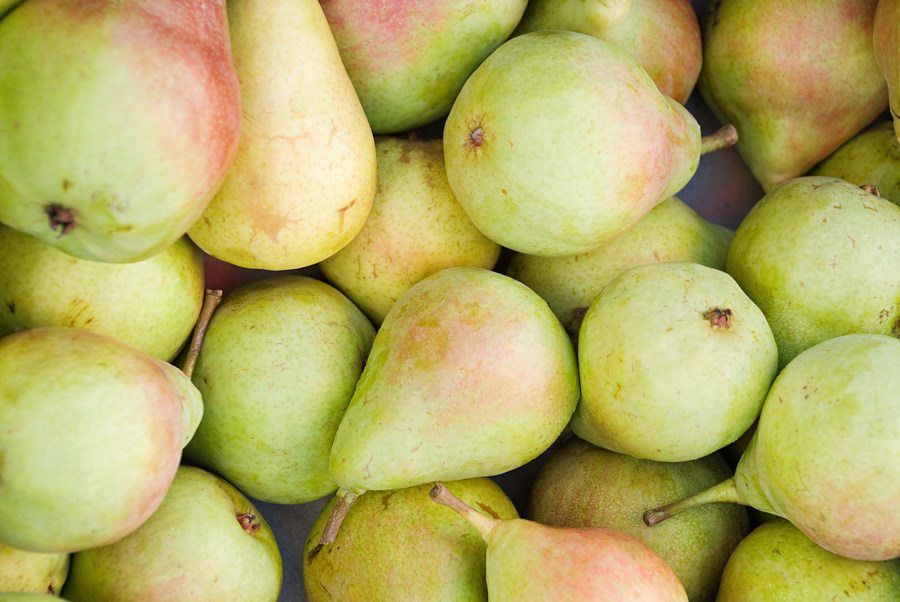
To hasten the ripening of unripe pears, place them at room temperature. Putting them in the fridge after they’re ripe, on the other hand, is an excellent strategy to maintain them in their ripe stage for longer. Pears are tastiest and juiciest when eaten at room temperature. Refrigerate ripe pears between 35 and 45 degrees.
Strawberry’s Sweetest Attribute
Strawberry is not only one of the tastiest fruits, but it also has the fewest calories. A strawberry is a lovely, tasty berry that needs to be handled with respect. They’re finest served at room temperature and eaten within a few days of purchase. The sweetness of the fruit is reduced after it is placed in the refrigerator.
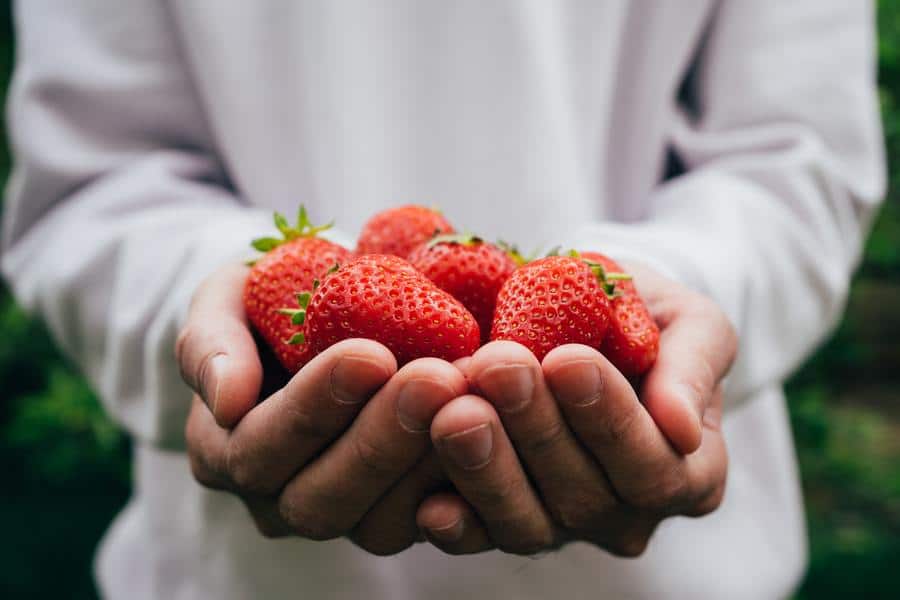
When ripeness has reached its optimum, though, you may keep them in the fridge to prevent them from spoiling. Before refrigerating the fruit, it’s preferable to wash and dry it well. Wrap them in a single layer of paper towels, cover with a lid or plastic wrap, and store in the refrigerator until ready to use, ideally within seven days.
Leave the Jams Out
Don’t be afraid to leave jam jars on the counter or in the pantry even after they’ve been opened. Fruit preservatives won’t deteriorate since there isn’t enough water in them to feed bacteria. Jams also have a low pH, implying they contain a high acid solution that keeps them from spoiling.
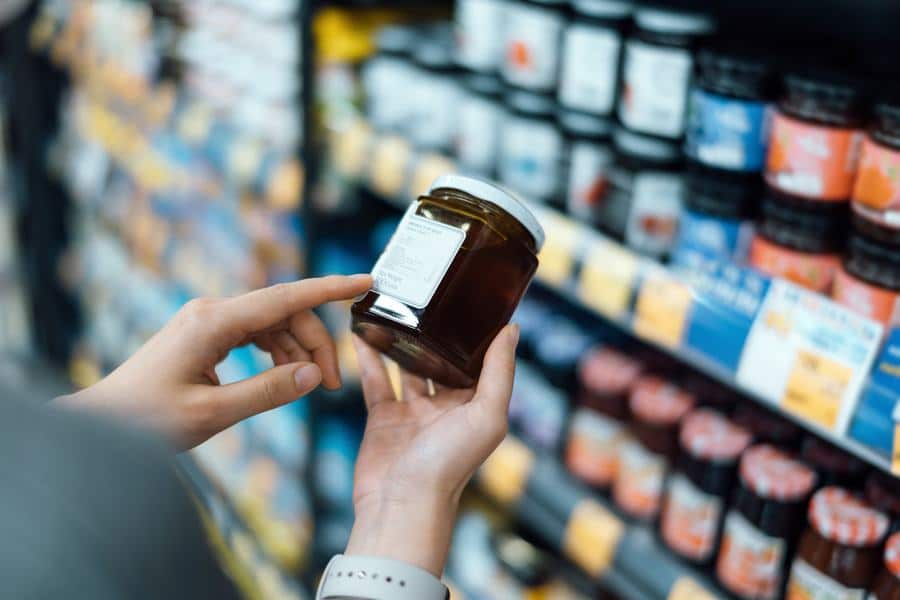
Homemade jam should be kept in a cool, dry area away from direct sunlight for up to 12 months after it is created. Once opened, store the jar in the refrigerator for up to one month before using it. Any jam jars that have mold forming on the top should be discarded.
Pumpkins Are Far Too Large to Fit in the Refrigerator
To begin with, there isn’t much place in your refrigerator for pumpkin. It will not only take up all of the available space, but it will also dislike being there. The pumpkin will be harmed by the chilly, damp climate, which will cause it to decay inside too fast. Pumpkins have a long shelf life since they are hard-shelled squash. They may be kept for up to 90 days on the counter or outside.

The life of the pumpkin can be extended by washing the exterior shell with gentle soap and water. Keep it away from direct sunlight and hot temperatures. They should be kept in a cool location, like your garage—store pumpkins in an upside-down position (so the stalk is on the bottom). Use a piece of cardboard as a pumpkin pad instead of placing them straight on the floor. Pumpkins may be stored in this manner for up to 3-4 months.
Keep Your Carrots as Crisp as Possible
Getting fresh carrots from the garden or buying a handful at the farmer’s market that has just been plucked is a gastronomic delight. They’re sugary, crunchy, and high in beta-carotene. Carrots should not be kept in the refrigerator to maintain their freshness. If you can’t eat them all before they wilt, you may keep them in the fridge by following these instructions: Thoroughly clean, cut into big bits, and cover with water.

In a jar filled with water, the carrots will stay crisp. Some claim that storing them this way will keep them fresh for weeks. Carrots should be kept in the refrigerator’s coolest section. Remove the tops, which can be used in salads or as a herb component in other dishes but, like arugula, only last a week. Wrap the carrots in damp paper towels once they’ve been cleaned. Fresh carrots can be stored in this manner for up to a month.
It’s Simple to Keep Basil Fresh
In many dishes, fresh basil is a game-changer; nothing compares to it. Refrigeration, on the other hand, makes it limp and flavorless. Place basil in a jar or a lovely vase on the windowsill to extend its shelf life. It will keep for much longer than in the fridge and may even sprout. You may then plant baby basil plants to ensure that you never run out of the delicious, pliable herb.
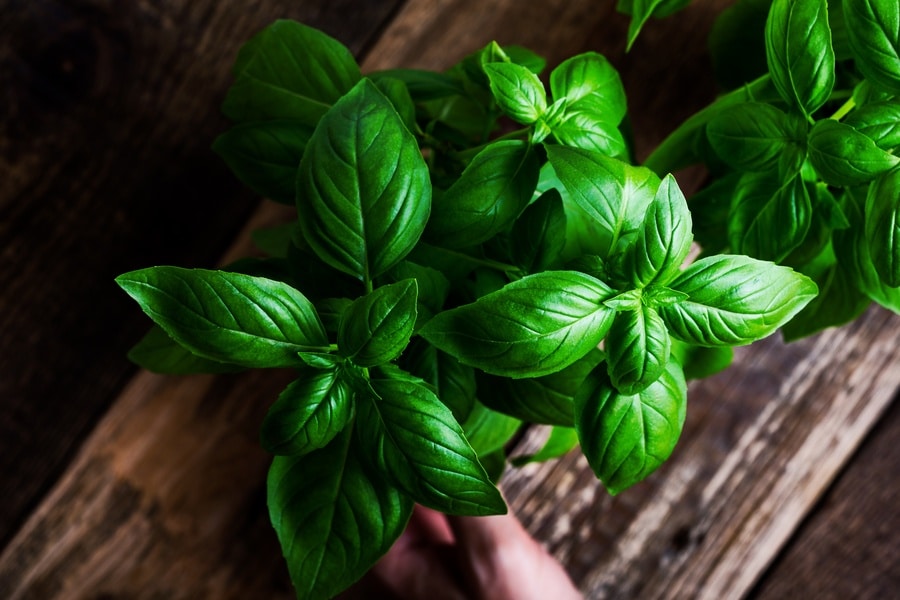
You may then plant baby basil plants to ensure that you never run out of the delicious, pliable herb. If you have an abundance of basil, making pesto sauce is a fantastic method to preserve it. It’s basil, garlic, olive oil, and Romano cheese purée that keeps for weeks in the fridge.
‘Refrigerate After Opening’ Is Not Required
Salsa is sometimes served as a dip, with chili, or straight from the bowl, and its refreshing and spicy tang is a national favorite. Salsa is usually kept in jars in the refrigerator. However, if your fridge is short on space, you can just leave it out after it has been opened. Preservatives such as vinegar, citrus acid, and s are commonly found in canned salsa.
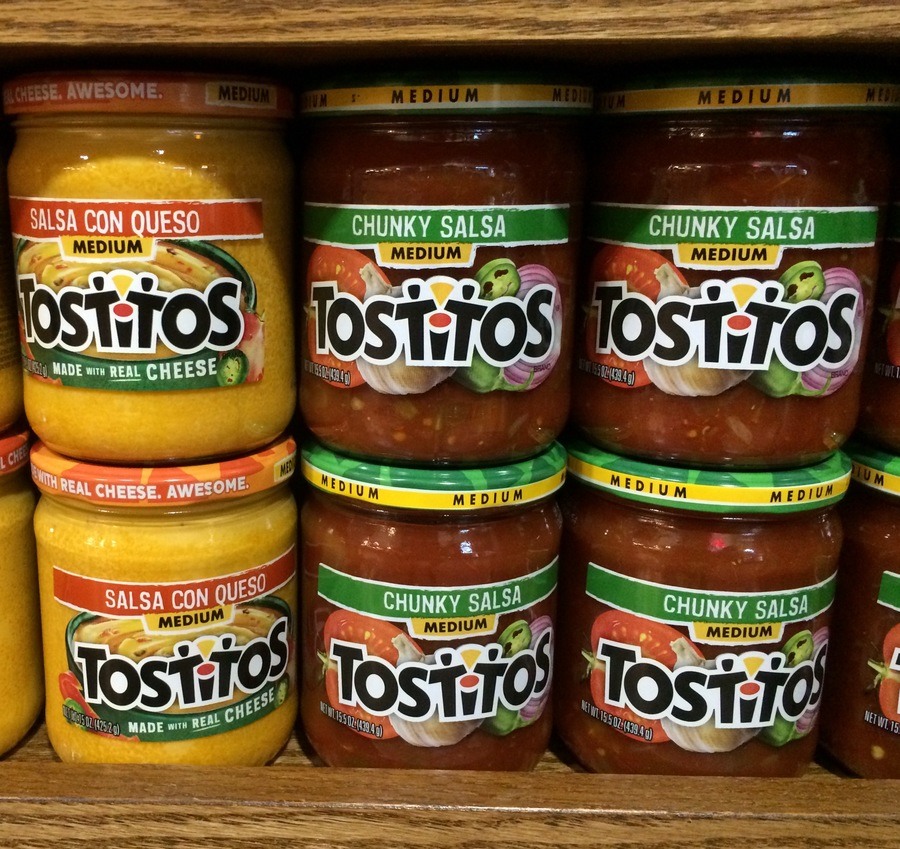
Suppose you want to freeze your salsa; try removing as much water or liquid as possible before freezing it. Removing the water will help your salsa maintain its consistency. Just make sure you use a spoon before dipping into the salsa. Food remaining in jarred salsa will quickly spoil the product.
Mustard Lasts a Long Time
Mustard is a basic American staple that can be used for a variety of purposes. Mustard is most commonly associated with hamburgers and hot dog toppings. However, it is not confined to these applications and can be a great addition to meals. Excellent mustard does not go bad; it simply fades away. If you’re a mustard enthusiast, keep it in the pantry or on the table. It’s packed with natural preservatives and won’t go bad if left out.
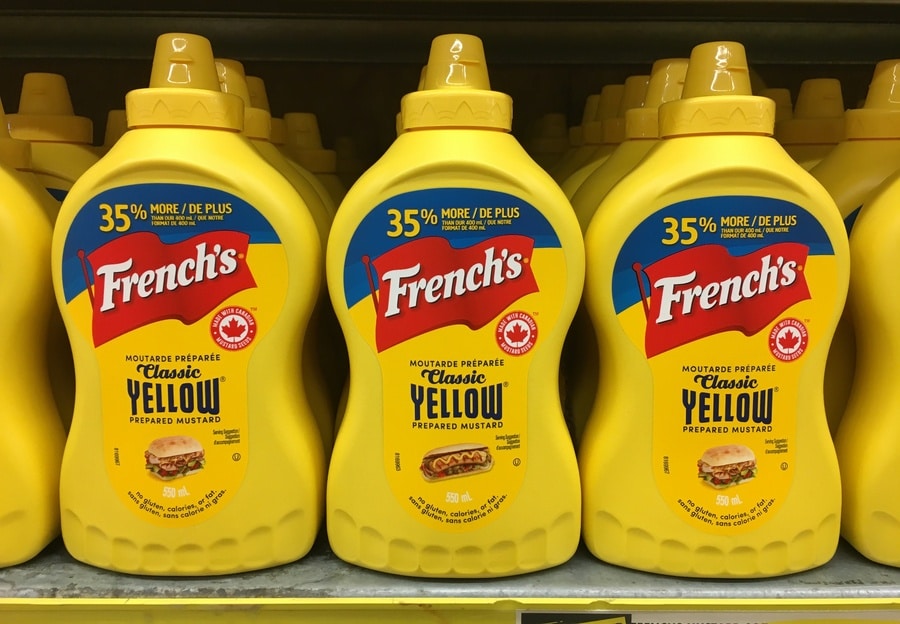
A jar of mustard will keep for two to three years after it has passed its expiration date. It’s an excellent condiment to have on hand because it’s preserved with vinegar and contains no sugar or fat. Its shelf life is extended by storing it in the refrigerator. Dry mustard powder can be stored for up to 6 months in a firmly sealed container in a cool, dry location. Once opened, prepared mustard will keep for up to 6 months in the refrigerator.
Dried Spices Should Be Kept Dry
It’s not a good idea to keep dry herbs and spices in the refrigerator. Mold will grow in the fridge because of the chilly, wet air. The shelf life is shortened by putting extra stress on the leaves when taking the spices in and out of the fridge for use. Dry spices are natural opponents of light, moisture, and air. On the other hand, seeds like poppy and sesame may be stored in the fridge and may even prefer it.
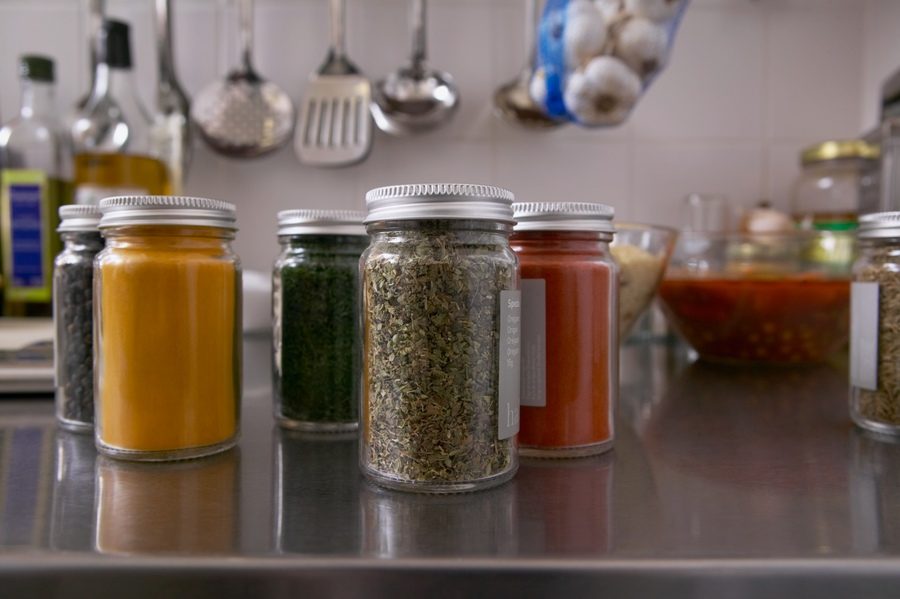
Red powder spices like cayenne and paprika also keep their brilliant colors better in the fridge. Spices and herbs should be stored in dark, cool places in airtight containers. If you plan to keep your spices in a cupboard, glass jars with tight-fitting lids are ideal. If your home’s layout does not allow this, use tins to ensure sunlight does not reach the spices.
Is It Necessary to Keep Potatoes Refrigerated?
You can store your potatoes in the fridge if you want them to last a long period. However, you should be aware that you are selling your spud’s soul in doing so. The cold air in the fridge causes a chemical reaction inside the potato that is bad for the taste. When starch is converted to sugar, it causes stains, premature sprouting, and a bitter flavor.
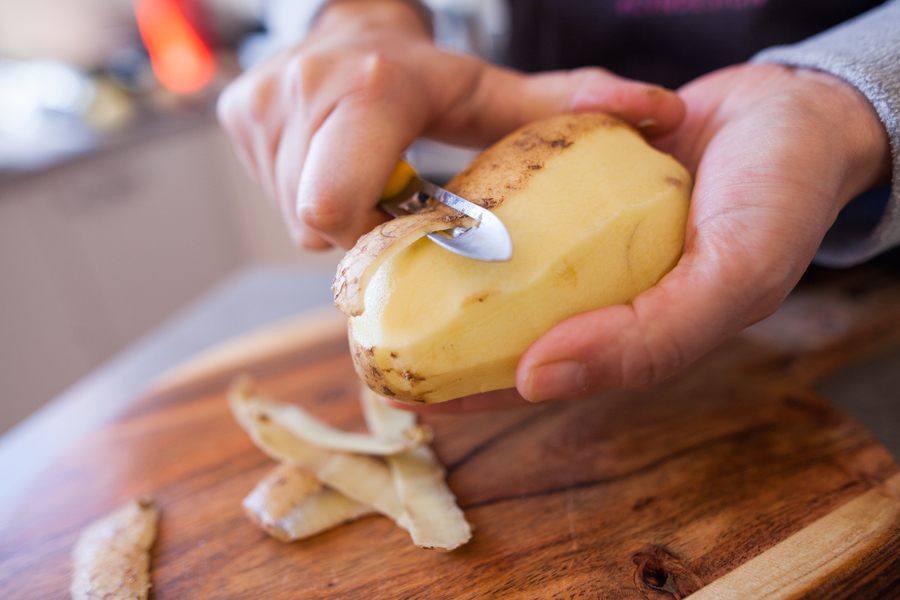
If you keep them in your pantry, keep them in a cold, dark spot with a temperature above 50 degrees. The secret is to keep potatoes in a cold, dry location, such as a pantry cupboard, in a paper bag, or cardboard box. It’s critical to keep potatoes at a cool, optimal temperature to avoid them turning green, developing mushy spots, or sprouting prematurely.
Salad Dressings in Vinaigrette Can Be Left Out
There’s no need to keep vinaigrette salad dressing refrigerated. It thickens when refrigerated, making it inconvenient to use. It’s a blob of unusable gel if you don’t remember to take it out of the fridge by dinnertime. Aside from that, room temperature dressing tastes superior. Though vinegar is a wonderful preservative, it’s worth noting that additions like garlic and lemon juice dramatically reduce the shelf life of vinaigrette.
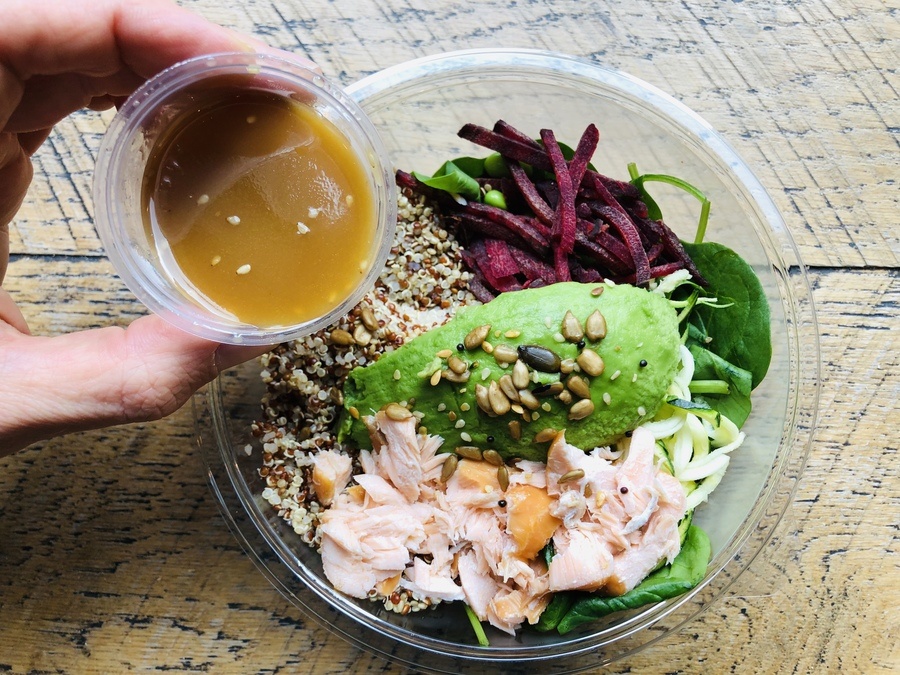
It adds a tart kick to your dressing, but it only lasts a few days, whether refrigerated or not. A bottle of salad dressing is rarely consumed in a single sitting, and the same can be said for any homemade version. Salad dressing should be preserved in the same way as any other leftover food: in a container with a lid and as much air eliminated as possible.
With Love, Treat Your Chocolate
Chocolate should be kept in a cold, dry place as well. Temperatures between 65- and 68-degrees Fahrenheit are ideal for storage. Chocolate should be kept in a container that is tightly sealed. The most important thing to remember is that chocolate should never be refrigerated. The scents of whatever is in the refrigerator are quickly absorbed by chocolate. The sugars may climb to the top and darken them as a result of the chilly air.
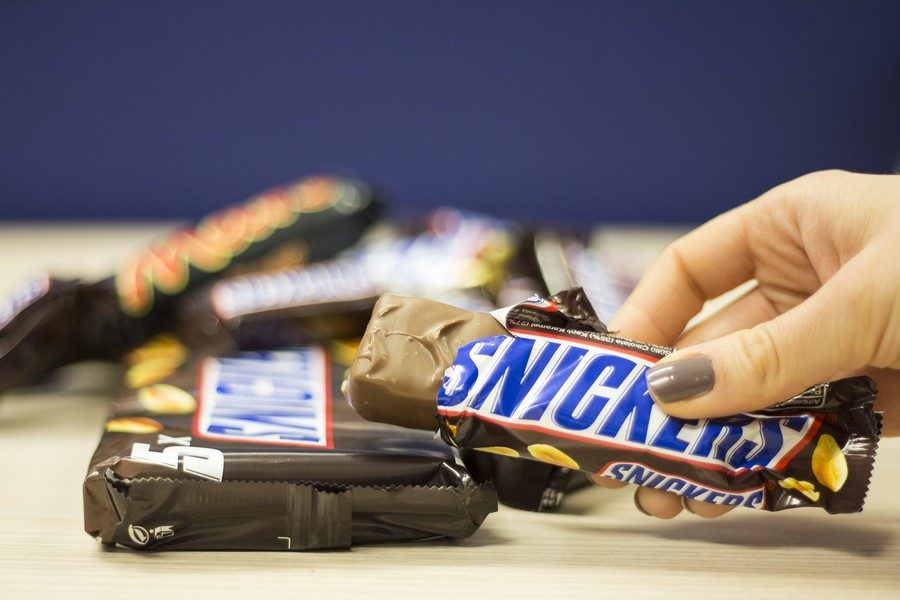
It adds a tart kick to your dressing, but it only lasts a few days, whether refrigerated or not. A bottle of salad dressing is rarely consumed in a single sitting, and the same can be said for any homemade version. Salad dressing should be preserved in the same way as any other leftover food: in a container with a lid and as much air eliminated as possible.
Tuna Cans Are Kept in the Pantry
It should probably go without saying, but tuna cans do not need to be kept in the refrigerator. They will not only take up space in the pantry, but they will also linger there past their expiration date. Tuna fish was canned to be preserved without needing to be refrigerated in the first place.
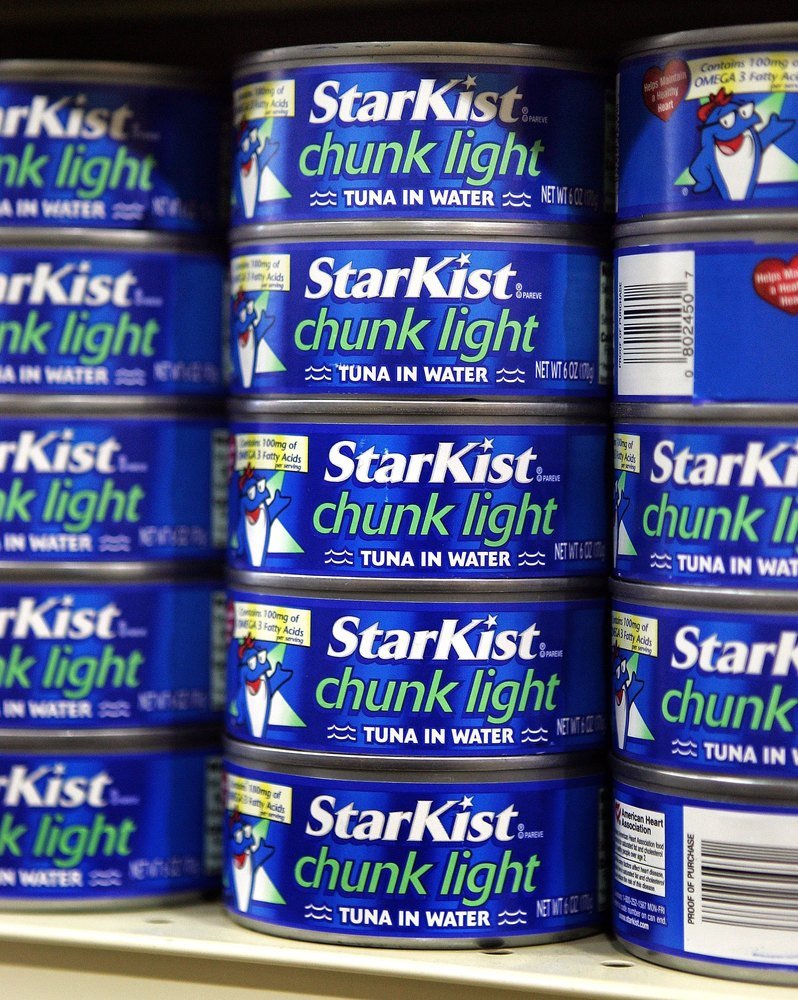
However, once a can of tuna is opened, it must be kept in the refrigerator. Leftover canned tuna should be refrigerated right away in a glass or plastic container. The tuna should not be left in the opened can since it will rot. Canned tuna can be kept refrigerated for up to two days in an airtight container.
Fermentation Is Used to Preserve Soy Sauce
Don’t worry about storing soy sauce in the fridge; it will keep for a year if left out on the table or in the pantry. Soy sauce should be kept in its original airtight container in a cool, dark location, such as the pantry. A steady temperature is also desirable, away from the stove or dishwasher, which will constantly raise and drop the temperature of nearby items.
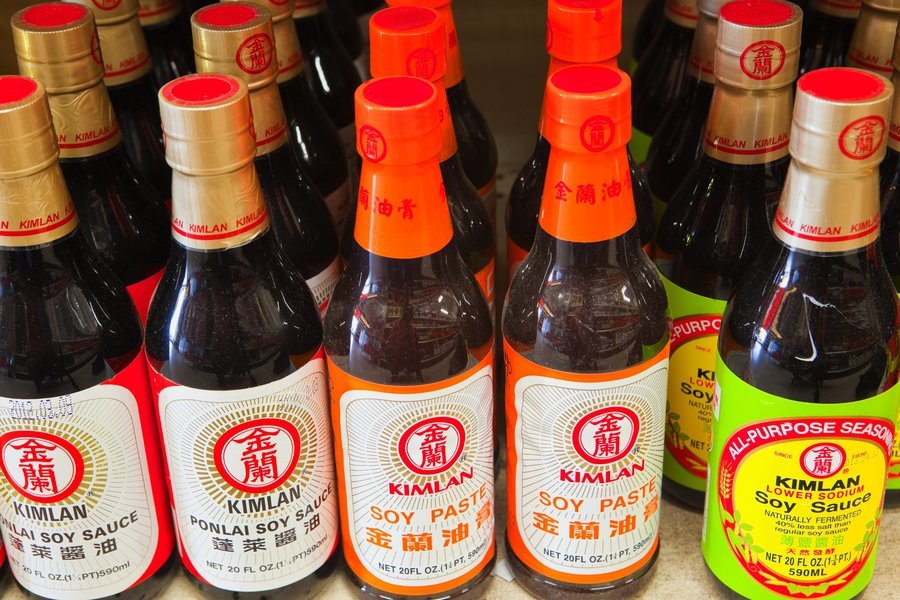
The fermenting process naturally preserves the condiment, and an opened jar can hold its flavor for up to a year and a half. An unopened bottle of soy sauce can survive two or three years (essentially forever), and an opened bottle can be kept out of the fridge for up to one year. However, if a bottle lasts longer in your kitchen, you should make room among your other refrigerated condiments to retain the savory, excellent flavor of the soy sauce.
Refrigerating Might Hurt Your Cucumber
Throw away everything you’ve ever learned about cucumbers. Cucumbers are best consumed at room temperature, according to the Postharvest Technology Center at UC Davis. Cucumbers should last for up to 14 days before decomposition sets in. Refrigeration isn’t a good idea. Refrigeration, according to UC Davis, causes “cooling damage.” The result is pitting, rapid deterioration, and sogginess.
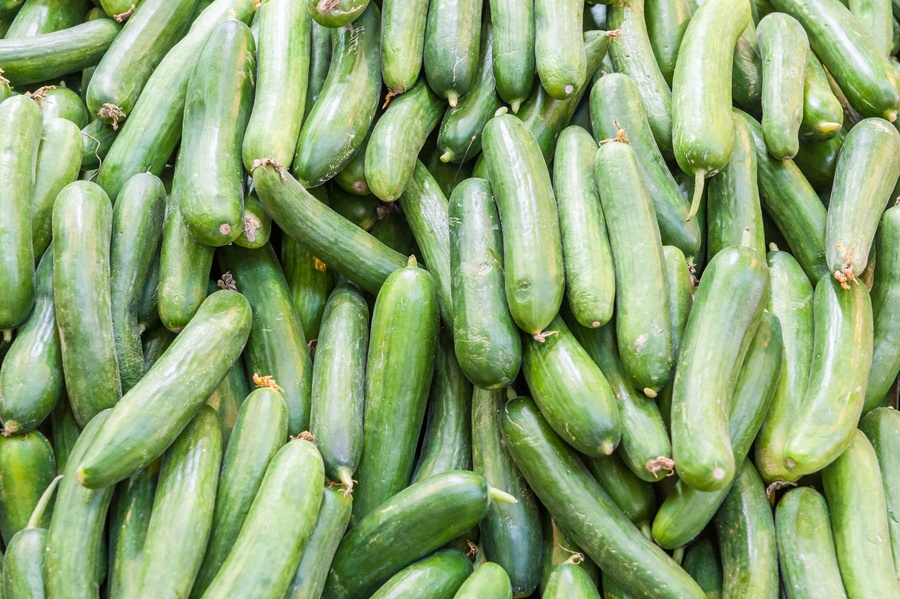
After 2-3 days of refrigeration, chilling injury usually sets in. Cut cucumbers are best stored by wrapping them in a damp paper towel and placing them in an airtight storage container. The container’s cover has a strong locking seal that will help keep them extra fresh.
Your Red-Hot Chilies Shouldn’t Be Chilled
Chili peppers taste best when they’re left out at room temperature. Refrigerating them will lengthen their shelf life, but it will degrade their flavor. Preserve your chilies on the counter in a dish where everyone can see their ferocious and exquisite hues to keep them as hot and flavorful as they were when they were initially collected.
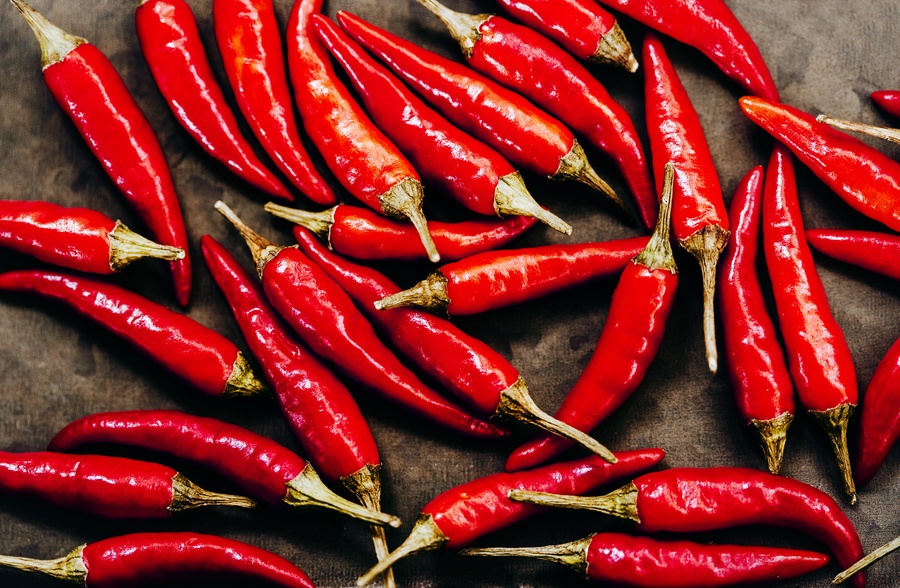
Simply wash and wipe dry your chilies before cutting off the tops and roughly chopping them while leaving the seeds in place. Then, in a sterilized glass jar, combine the chopped chilies with 30gs. Cover the surface with the remaining pieces, then close the jar and keep it for a few weeks in a cool, dry area before refrigerating.
The Pineapple Is a Type of Tropical Fruit
Pineapple does not keep well in the refrigerator. Particularly during the critical ripening stage. Allow your pineapple to ripen on the counter if you want it to be at its sweetest. You can just place your pineapple on the counter if you plan on eating it within a few days. Alternatively, preserve it at room temperature by wrapping it in a clear plastic bag.
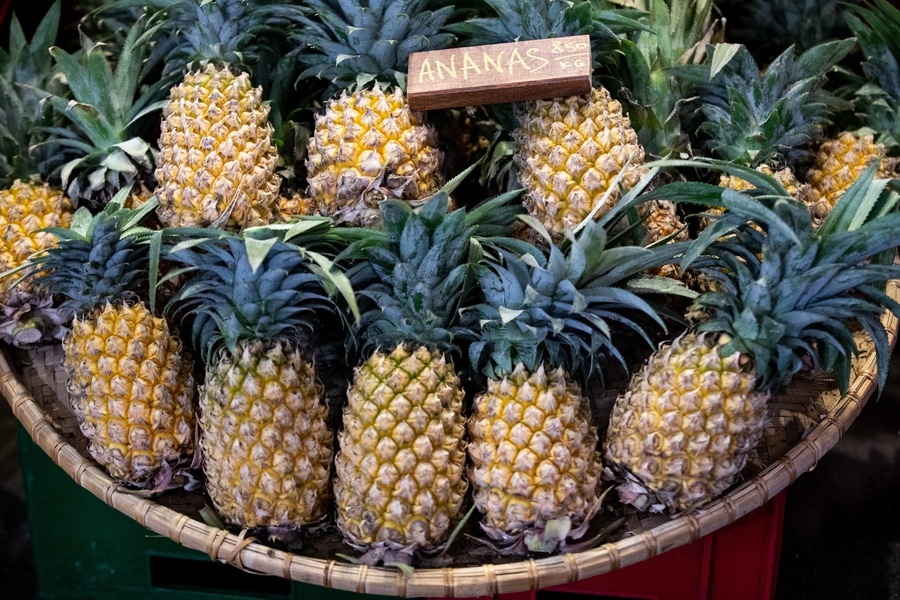
Cut it open when it reaches the ideal level of ripeness, which is indicated by a pleasant perfume emerging from the fruit’s base. Eat it immediately away, or keep the pieces refrigerated in an airtight container. Nothing beats a perfectly ripe, sweet, and juicy pineapple! Uncut pineapples can also be stored on the warmest part of your refrigerator (typically the top), where they will last longer (though the leaves and outer skin may brown slightly).
Ketchup or Catsup? It Won’t Spoil No Matter How You Spell It
Ketchup is a tomato-based sauce created with vinegar and sugar. Natural preservatives include vinegar and sugar. Because of its natural acidity, an unopened bottle can be utilized for up to two years after its expiration date. If you eat ketchup with almost every meal, keep it out on the table, especially if you enjoy it at room temperature.
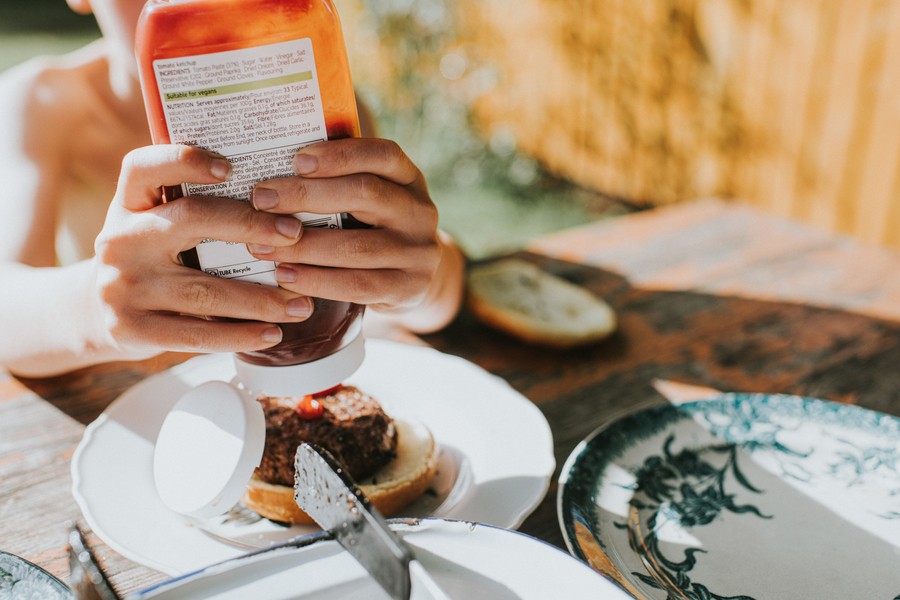
After all, that’s what they do in restaurants. Ketchup can be left out for up to a month. It keeps indefinitely in the fridge. However, storage circumstances can impair its stability after opening. After opening, keep refrigerated, just like any other processed food. The refrigeration will keep the product in its finest condition.
Bananas and Refrigerators Don’t Combine
Place a flawless banana in the refrigerator or freezer to spoil it. It will turn black as death and have a mushy texture. Bananas are grown in the tropics and are designed to ripen slowly. Bananas should be maintained at a temperature of roughly 12°C, as they will ripen faster if kept at a higher temperature.
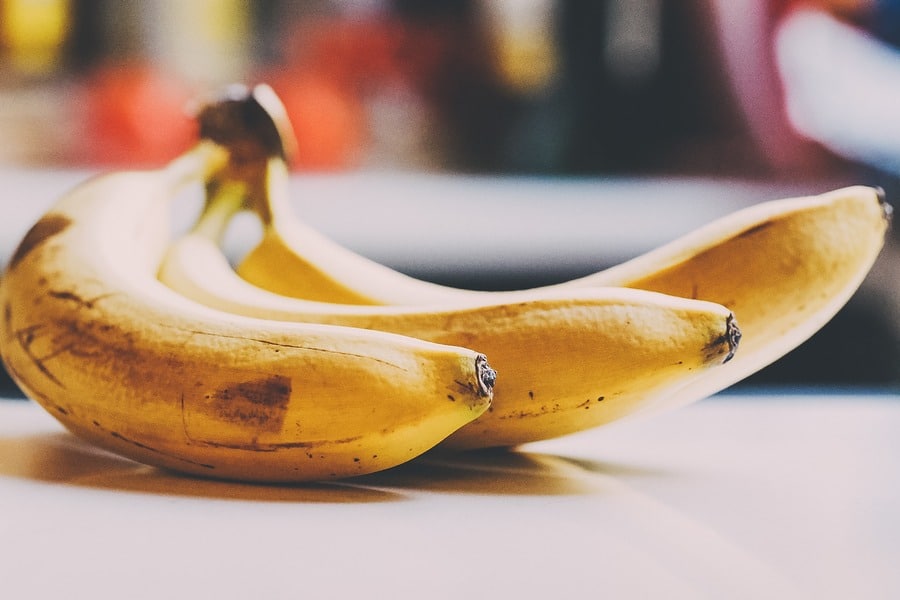
They, like many fruits, become sweeter as they ripen and should be consumed at your ideal ripeness. You can peel and wrap the flesh in plastic and freeze it once they’ve turned the corner and started to blacken, to use in smoothies or banana bread later. Overripe bananas are fantastic in various recipes since the darker they are, the sweeter they are.
